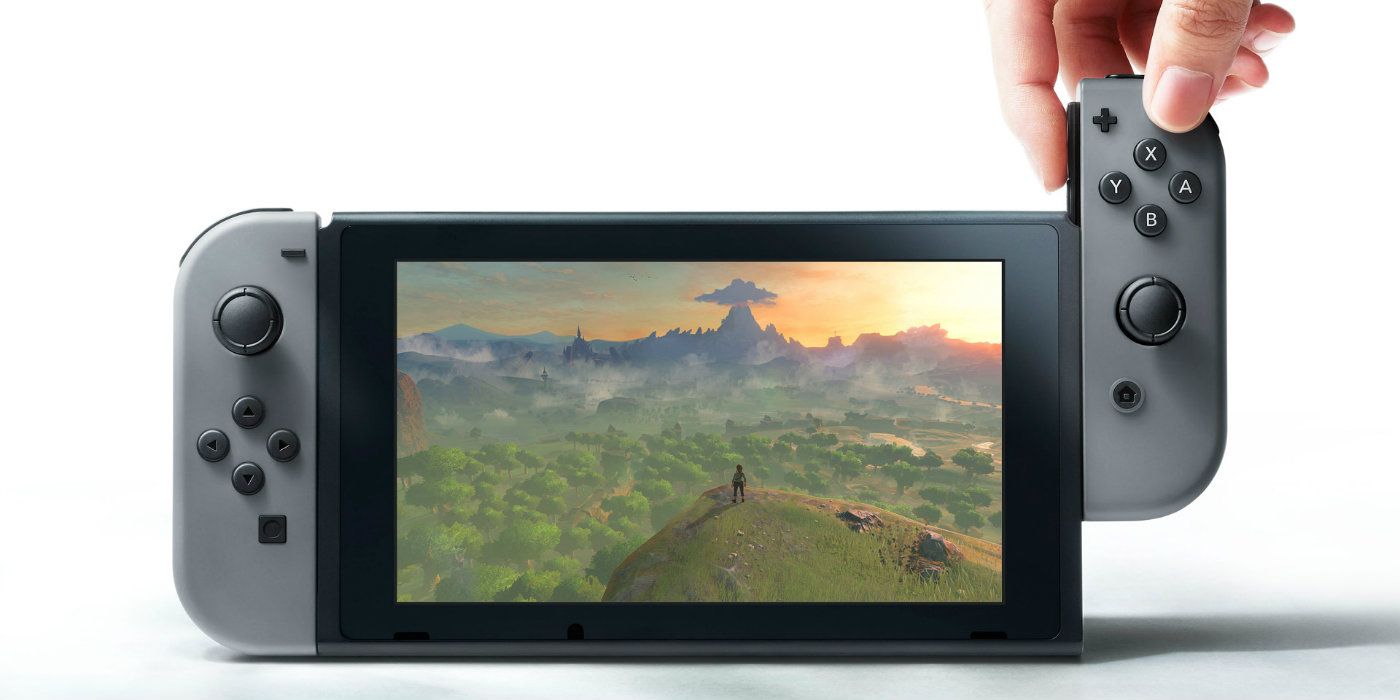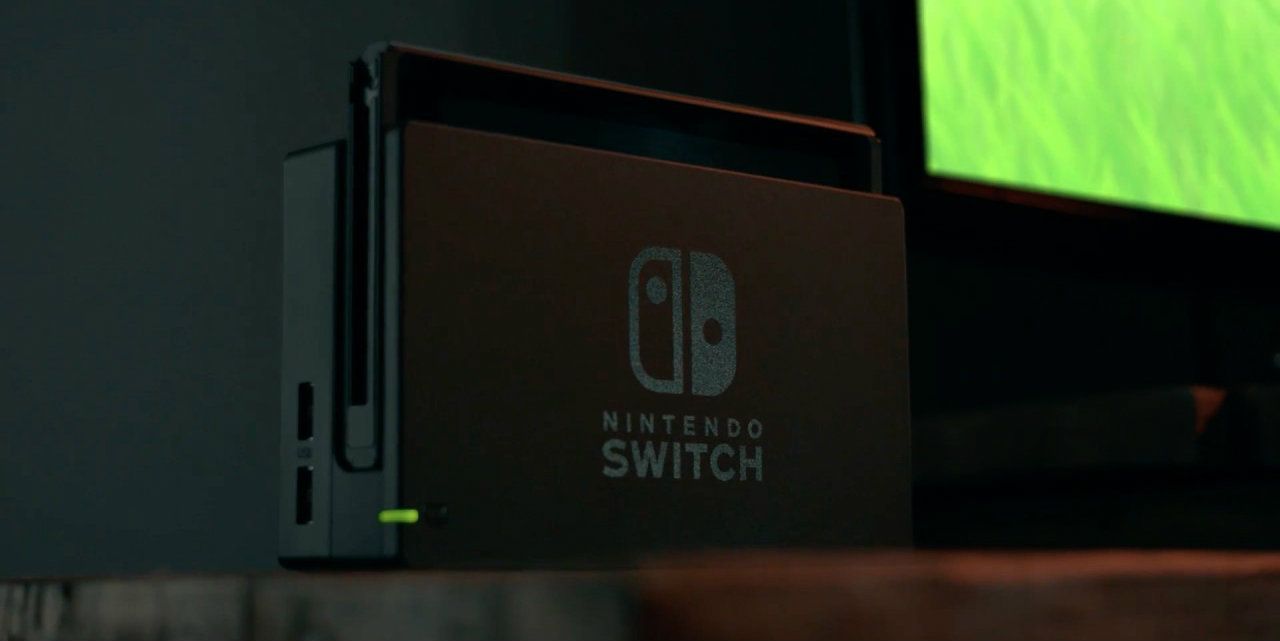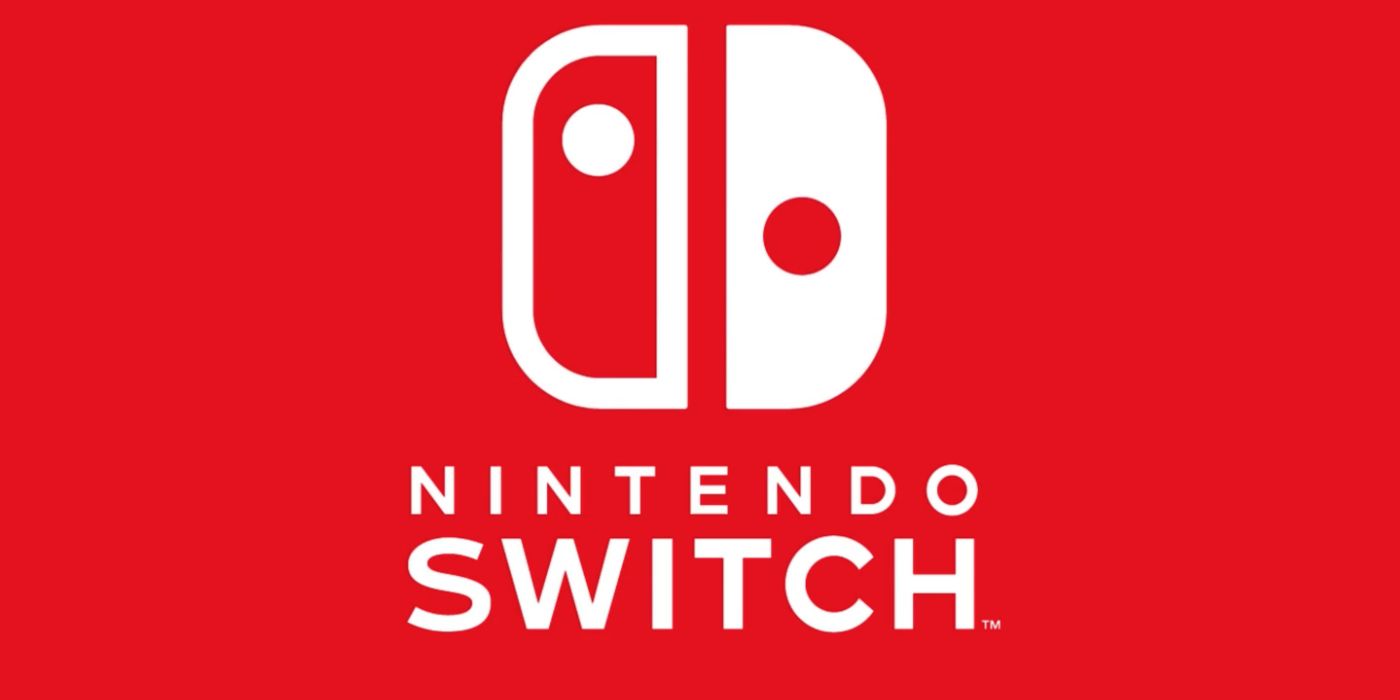Months upon months of waiting, speculation and rumors have finally come to an end: The Nintendo Switch has officially been revealed. As with all modern Nintendo consoles, it has its "gimmick": the controller and console are modular in nature, giving players a few different configurations for play at home or on the go (thanks to the built-in HD monitor on the tablet-like core of the console). It's easy to see how both the Wii U and 3DS influenced the design of the Switch, and how it could potentially build on both Nintendo's console and handheld businesses.
The big question is whether that's really what Nintendo needed to do this time around. We don't have any real stats on the Switch yet so it's hard to say how it compares to other consoles, but at this point it's unlikely that the console will outshine the PlayStation 4 (or the upcoming PS4 Neo or Xbox Project Scorpio) in terms of overall power. Nintendo prides itself on innovation, but is Switch really the innovation that Nintendo needs right now?
Bringing together Nintendo's handheld and console offerings, the Switch serves as a pseudo-successor to both the Wii U and the 2DS/3DS (though the company insists that it isn't actually the successor to either). The core unit of the console is a tablet, but through the creative use of attachable/detachable controllers (called Joy-Cons, apparently) it switches from a TV console with an external controller to a handheld unit with attached controllers (similar to the Wii U's Gamepad) to a portable screen that features two wireless controllers for multiplayer gaming on the go. There are even more options available when you add in peripherals such as Pro controllers, which could wind up being a favorite over the somewhat clunky look of the Joy-Con-connected primary controller.
We don't have specs yet, but based on what we saw in the trailer it looks like Switch is able to handle games such as The Legend of Zelda: Breath of the Wild and Skyrim: Enhanced Edition while switching seamlessly from TV play to tablet play. We know that the console is powered by Nvidia's Tegra GPU, though we don't know which model yet or just how much power it can handle. Rumors and speculation put the console's power somewhere in the gap between the last generation (Xbox 360/PS3) and the current one (Xbox One/PS4), but until Nintendo actually opens up about the Switch we won't know for sure where it lies. This seems like somewhat disappointing performance for a new console, but at the same time it's pretty amazing for a handheld.
Did We Need Another Gimmick?
One big complaint about Nintendo is that it seems like the company always needs some sort of a gimmick for anything it produces: motion gaming, a 3D display, a tablet controller... Even the touchscreen on the Nintendo DS and the wonky controller design of the N64 were seen as gimmicks when they came out. Instead of trying to outperform the competition in a head-to-head match up, Nintendo has largely attempted to out-innovate all comers. In some cases this has worked (look at the massive success of the DS, and the rush to adopt motion controls that came after the Wii's popularity), and in other cases it hasn't. Some argue that Nintendo isn't really competing with Sony and Microsoft at all, and in a way that's true; cheaper consoles that are largely family friendly can have a place alongside more powerful devices, as it's not exactly uncommon to see someone with a Nintendo console and either an Xbox or PlayStation as well.
That said, would it be so disastrous for Nintendo to try and compete directly instead? Imagine if instead of the Switch, Nintendo had unveiled a new basic console designed to tackle the PlayStation 4 Neo and Project Scorpio head on. It could launch with a Zelda title that puts Skyrim to shame, and be the preferred console for the rest of the generation when it comes to third-party offerings. We're talking about a Nintendo system that's serving up 4K media, robust online functionality and options such as VR readiness and industry-leading stats. Would that be so bad?
It would be for Nintendo.
A Different Console from a Different Kind of Company
Nintendo is an old company that has taken an interesting path to get where it is. Nintendo runs differently than a lot of companies out there, and it spends its money differently. When everyone was predicting Nintendo's death with the Wii U, Nintendo was sitting on enough cash to run a deficit for decades. Instead of just riding it out, though, executives took pay cuts to help protect investors' interests and the company started merging its handheld and console businesses into a single unit that it hoped would work together like a family.
"Business as usual" at Nintendo is much different than business anywhere else; the company wants to make a profit and stay a major player in the console gaming industry, sure, but not to the point that it's willing to betray its ideals of what a console should be. Nintendo prides itself on its innovation, and will likely never just release a console that has the same thing as everybody else with a little more power.
The problem comes in finding the sort of innovation that players actually want and that developers will actually work with. The Wii U, for example, wasn't necessarily a bad console, and even had a pretty interesting concept behind it. Very few games used it in any sort of interesting way, though, and that includes first-party games from Nintendo; innovation's only useful if the innovative features actually get used. This is why the Switch might succeed where the Wii U failed - its gimmick has the potential to actually be useful to players, and could catch on if the price and power are right.
Time to Switch?
We started out asking whether the Nintendo Switch was really the innovation that the company needs right now, and the answer to that question seems to be an emphatic "yes." Nintendo is expanding into mobile, but needs to show that dedicated handhelds can still be fun and engaging. The company has managed to build up a small library of great games for the Wii U, but needs to show that it can court third-party developers as well. After the double-dips of the Wii and the Wii U (and to a lesser extent the DS and the 3DS), Nintendo needs to show that it can still create hardware that's different, but still serves a purpose. With Switch, it at least has the opportunity to do all of this.
Will the Switch actually succeed? It's too early to tell. The teaser video managed to not disappoint even after a year of nothing but rumors and speculation, but until we see stats and demo units in stores it's still just a video. Everything about the Switch launch seems so different than what we're used to from gaming consoles, things really could go in either direction. By making a play on expanding the living room into the world at large, though, Nintendo is at least proving that it is still looking to innovate instead of just following the trends at large.




